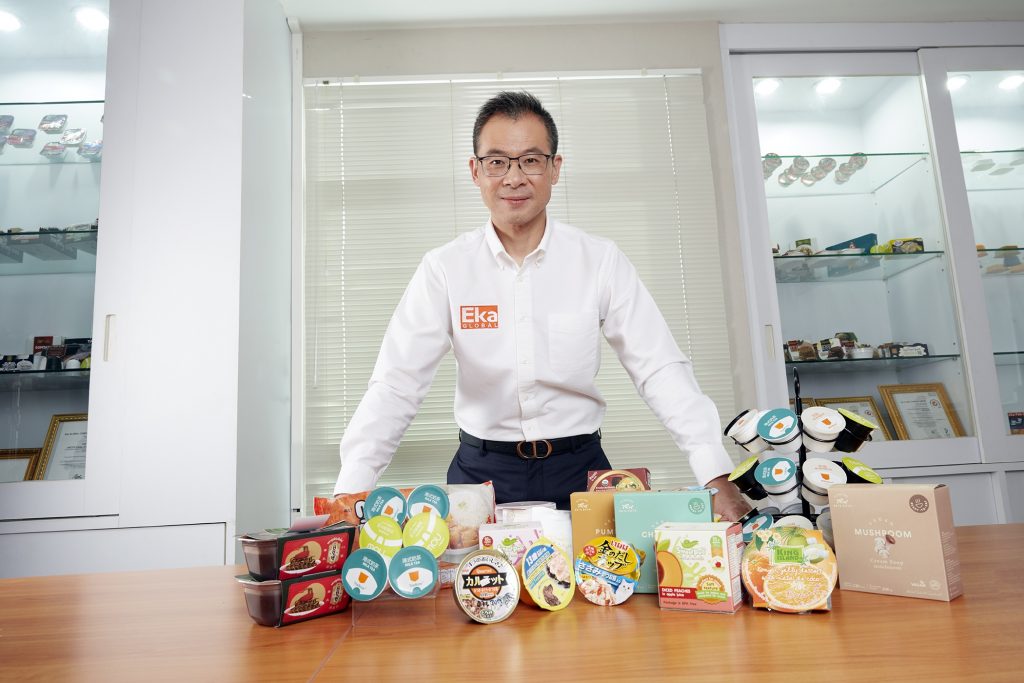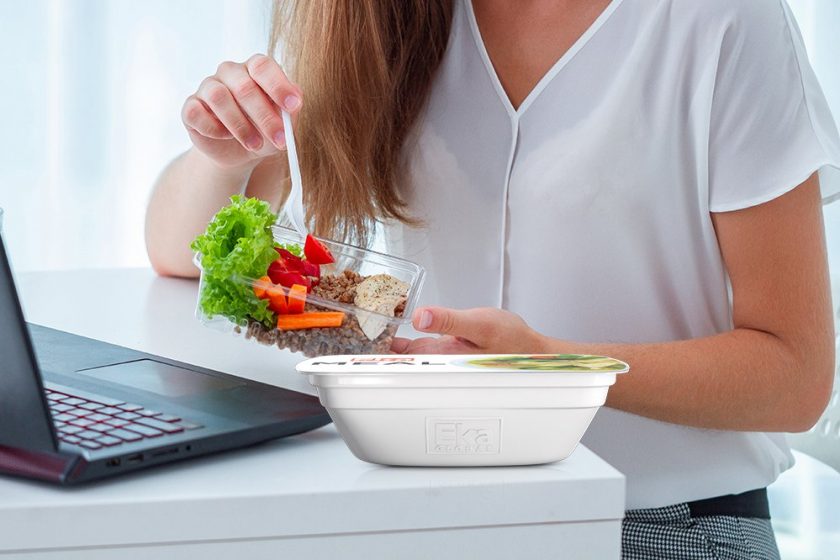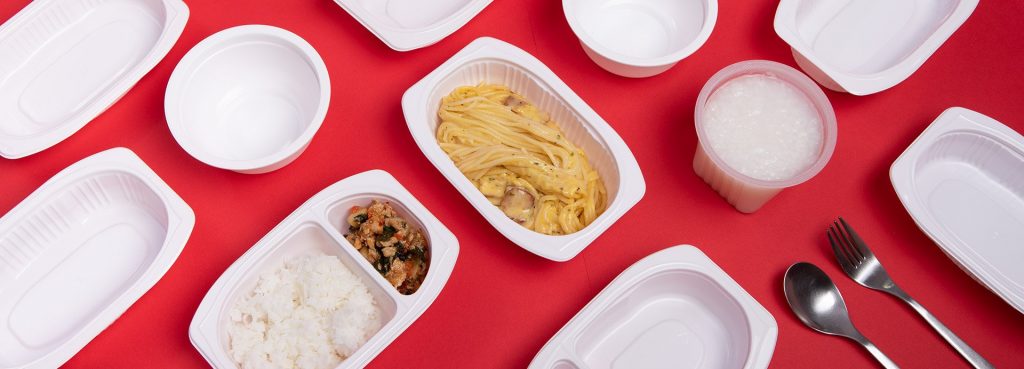Eka Global sees longevity packaging sales grows by 10-15% in Q1
Strong sales boosted by rising demand for ready-to-eat meal packaging

Eka Global expected its longevity packaging sales to grow by 10-15% by the end of the first quarter this year driven by rising demand for ready-to-eat meal packaging in Thailand and export markets. The company also warns food producers to prepare for severe drought and sustainability megatrend.
Mr. Chaiwat Nantiruj, Group CEO of Eka Global, said the company has received significant increase order for ready-to-eat meal packaging, premium pet food packaging, and green packaging. Increasing sales are observed in both domestic and export markets, especially India which enjoys over 100% growth.
With its over two decades of experience and leadership in the packaging industry, Eka Global believes that the sales growth is in line with the global food market, especially the ready-to-eat segment. The company’s sales of ready-to-eat packaging in domestic and export markets are of the same proportion. Eka Global expects the food market would grow by 5-6%, partially driven by the availability of longevity packaging that allows food producers to expand product shelf life while maintaining food hygiene, quality and taste.

In Thailand, the urbanization trend has significantly boosted the demand for ready-to-eat meals. The country’s economic recovery has encouraged consumers to resume business activities and are back to the rushing lifestyle again. Meanwhile, food producers continuously introduce new products, especially healthy food. New technology enables manufacturers to improve food quality, hygiene, taste and texture. Special offers and sales promotions have also encouraged consumers to buy more.
Export food market is forecasted to grow by 5-6% per year. Global consumers are facing similar issue of rushing lifestyle and lack of time to prepare their own meals. While global economy recovers slowly and inflation is rising, consumers shift to buy ready-to-eat meals which are more affordable and easily accessible. The changing global consumer landscape where individualism trend is rising, family gets smaller, and the number of aged population is expanding, the demand for one-serve-portion ready-to-eat meals is significantly increasing.


Despite positive trend, the domestic and global food industry is posed to a big challenge – severe drought. This will have negative impact on the food production volume and higher production cost. Coupled by healthy eating trend and the low sodium consumption campaign, modern consumers tend to pay more attention to food products with quality certification mark, meaning higher costs for food producers.
Chaiwat added that the global sustainable development trend would also have increased impact on the food market. Many countries have adopted stricter rules and regulations, such as the recycled packaging label enforced in EU, to attract green consumers.
“The food market, especially the ready-to-eat segment, has very strong growth trend. However, various challenges, such as the Global Warming, geographical conflict, fluctuating global economy and the global sustainability megatrend, may affect transportation and packaging costs. Food producers have to be cautious about these,” said Chaiwat.

